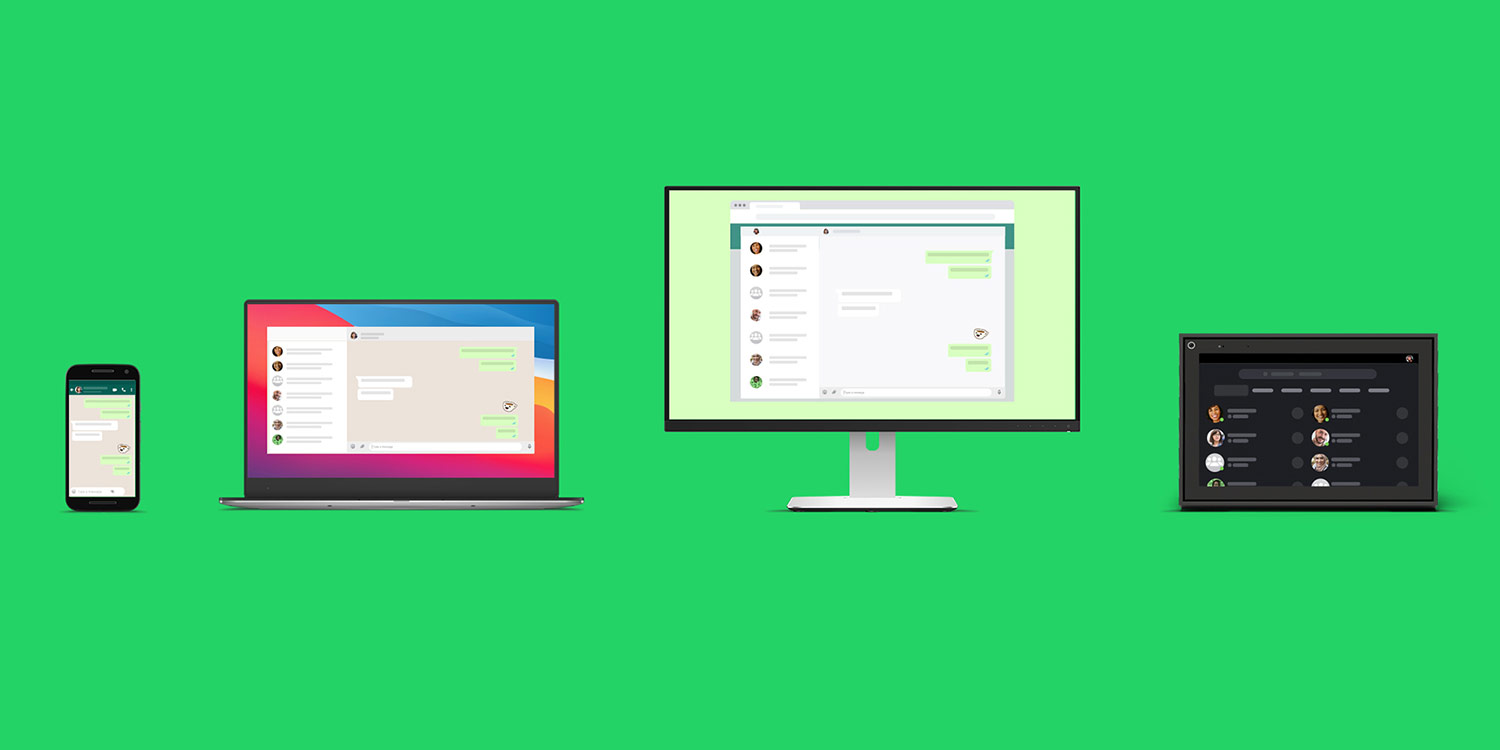WhatsApp has long been one of the most popular apps in the world. The Facebook-owned chat app has been downloaded billions of times and, for many people, has become the go-to messaging app ahead of Messages, Facebook Messenger, and even good old-fashioned SMS.
It’s the app we recommend above all other chat apps, despite questions over its privacy policy at the start of the year.
Related reading: what’s the best messaging app in 2021?
That’s because it has a great feature set, end-to-end encryption by default, and works across both iPhone and Android. This is in contrast to Apple’s iMessage platform, which is strictly Apple devices only. Crucially, with WhatsApp, you don’t have to leave your Android-owning friends out of your latest group chat.
But even with all that going for it, WhatsApp has never been truly multi-platform. Accounts are linked to phones, meaning you’ll need your phone nearby and connected to the internet even to message from WhatsApp’s macOS app or web service. It’s a system that’s reliant on your phone as “the source of truth for all user data” and results in a slow and unreliable service on other devices, which are basically just mirroring the phone app.
Rethinking the system
WhatsApp has announced that it’s adding new multi-device capabilities to the service, which will allow up to other devices – iPads, Macs, anything with a web browser – to get in on the party in a more natural way. Texts and contacts will sync between all your devices, but crucially you don’t need the phone nearby, or even switched on, for it to work.
Here’s how WhatsApp explains it:
“With this new capability, you can now use WhatsApp on your phone and up to four other nonphone devices simultaneously — even if your phone battery is dead. Each companion device will connect to your WhatsApp independently while maintaining the same level of privacy and security through end-to-end encryption that people who use WhatsApp have come to expect. Importantly, we have developed new technologies to maintain end-to-end encryption while still managing to sync your data — such as contact names, chat archives, starred messages, and more — across devices.
To achieve this, we had to rethink WhatsApp’s architecture and design new systems to enable a standalone multi-device experience while preserving privacy and end-to-end encryption.”
It sounds like setting this up was a real engineering challenge for WhatsApp’s technical team, but they eventually found a way to make it work without compromising privacy, security, or convenience. The new features are currently being stress tested before public release later this year, though if you can’t wait to try multi-device messaging you can always sign up as a beta tester.

